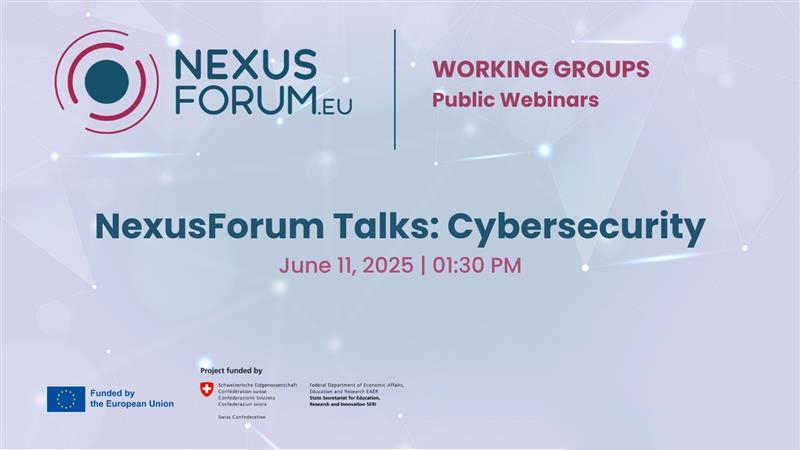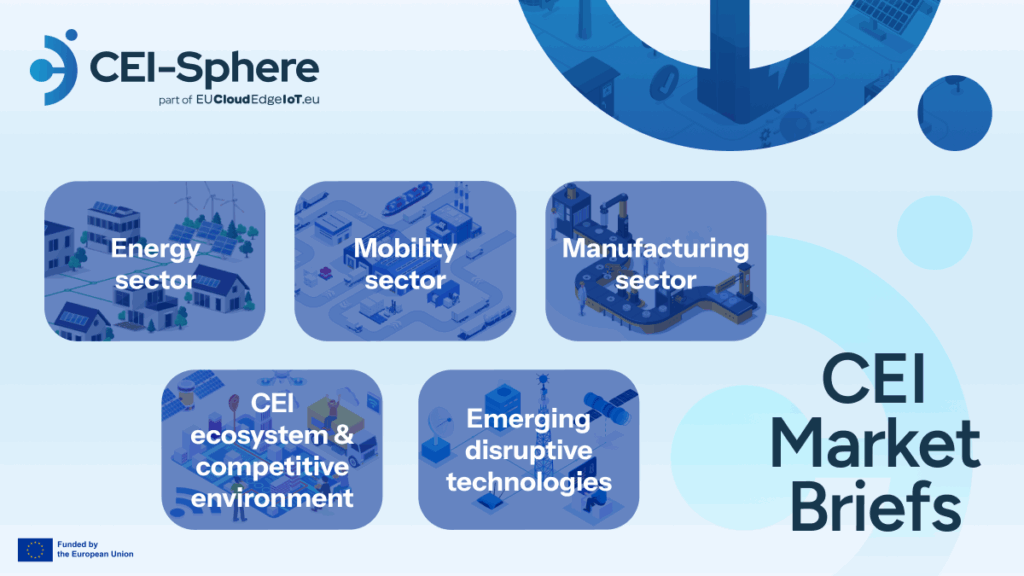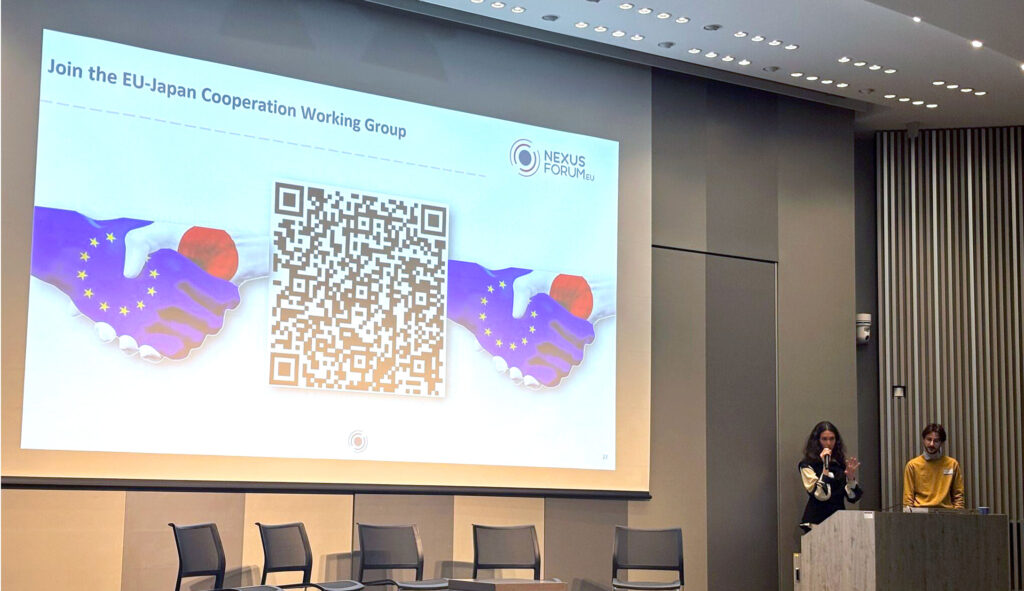The technological landscape is undergoing a profound transformation with the emergence of the Cloud, Edge, and IoT Continuum (CEI). Within this realm, the Cognitive Computing Continuum cluster stands at the forefront, spearheading innovation and driving the evolution of AI and edge computing technologies. Comprised of five groundbreaking projects, this cluster is set to revolutionise how we perceive and harness intelligence across the computing continuum.
The projects within the Cognitive Computing Continuum cluster are driven by a common goal: to enhance openness and strategic autonomy in the evolving data and AI economies, while nurturing European value chains and accelerating the digital and green transitions. By establishing adaptive hybrid computing, cognitive clouds, and edge intelligence, these projects are laying the groundwork for strategic industrial cooperation and building open platforms critical to European competitiveness.
Exploring the Five Projects:
- INTEND (Intent-based data operation in the computing continuum): INTEND aims to push the boundaries of AI by exploring the latest breakthroughs to bring human-like intelligence into the cognitive continuum. By enabling the continuum to adapt, think, and communicate like humans, INTEND is set to redefine the possibilities of AI-driven method and tools for data operation and resource management in the cloud-edge computing continuum, with a focus on continual learning, decentralised intelligence, and human-AI interaction.
- MYRTUS (Multidimensional Real-Time Ubiquitous System): MYRTUS pushes runtime adaptivity between and across layers. The Multi-layer 360°dynamIc RunTime Orchestration (MIRTO) Cognitive Engine is a distributed cognitive engine orchestrating a scalable, dynamic, and heterogeneous infrastructure. It exploits self-awareness through feedback control loops to implement self- reconfiguration, featuring self-healing/-optimisation capabilities. Resources will be monitored, and runtime orchestration guaranteed to achieve high performance and energy efficiency, preserving security and trust. Extensive use of federated learning, swarm Intelligence and distributed strategies will be done to successfully optimise loads and more effectively use the available continuum.
- HYPER-AI (Hyper-distributed AI): HYPER-AI’s overarching objective is to develop mid-tier and cloud-edge self-managed clusters, that seamlessly abstract heterogeneous computing environments to enable the optimized (in terms of time, continuum resources, energy) execution of highly data-intensive applications. By establishing new-generation interoperable and adaptive self-managed computing clusters and cluster-ecosystems, HYPER-AI is poised to transcend existing resource demand in AI and edge intelligence.
- EMPYREAN (Empowering Collective Computing): EMPYREAN is building collaborative collectives of computing and storage resources, known as Associations, that dynamically cooperate in a secure and trusted manner. With its sophisticated coordination framework, EMPYREAN is laying the groundwork for a new paradigm of distributed computing. Associations will enable any European organisation, groups of organisations or groups of EU citizens, to make their own choices in line with their interests and values, regarding the processing and storage of data. This will also strengthen their independence from external (cloud) providers, since an EMPYREAN Association can operate independently when required. At the same time, an Association is an open entity, able to interoperate and exchange intelligently, adaptively and in a secure manner computing and data workloads with other Associations or the cloud
- ENACT (Enabling Adaptive Computing Technologies): ENACT is developing cutting-edge technologies to realise a Cognitive Computing Continuum (CCC) capable of optimal resource management and dynamic scaling. By addressing the needs of hyper-distributed data-intensive applications, ENACT is driving forward the evolution of edge and cloud computing. ENACT will advance resource management by offering a sota AI Orchestrator combining GNNs and RL and introducing a dynamic programming model for adaptive applications deployment.
The future of AI and edge computing is unfolding before our eyes, and the Cognitive Computing Continuum cluster is at the forefront of this transformation. As these projects continue to push the boundaries of innovation, they are paving the way for a more intelligent and interconnected world.For a deeper dive into each project, you can read about them in detail in the updated EUCloudEdgeIoT Research and Innovation Actions Booklet here.
The EUCloudEdgeIoT Community
The EUCloudEdgeIoT.eu initiative serves as a catalyst for cooperation and innovation within the CEI Continuum. By facilitating collaboration between research projects, developers, suppliers, and policymakers, EUCloudEdgeIoT.eu aims to unlock the full potential of CEI technologies and enhance European competitiveness.
With 55 projects currently under its umbrella, the EUCEI RIAs Community continues to grow and evolve. By supporting clusters like the Cognitive Computing Continuum, EUCEI is driving forward the development and adoption of transformative CEI technologies.




